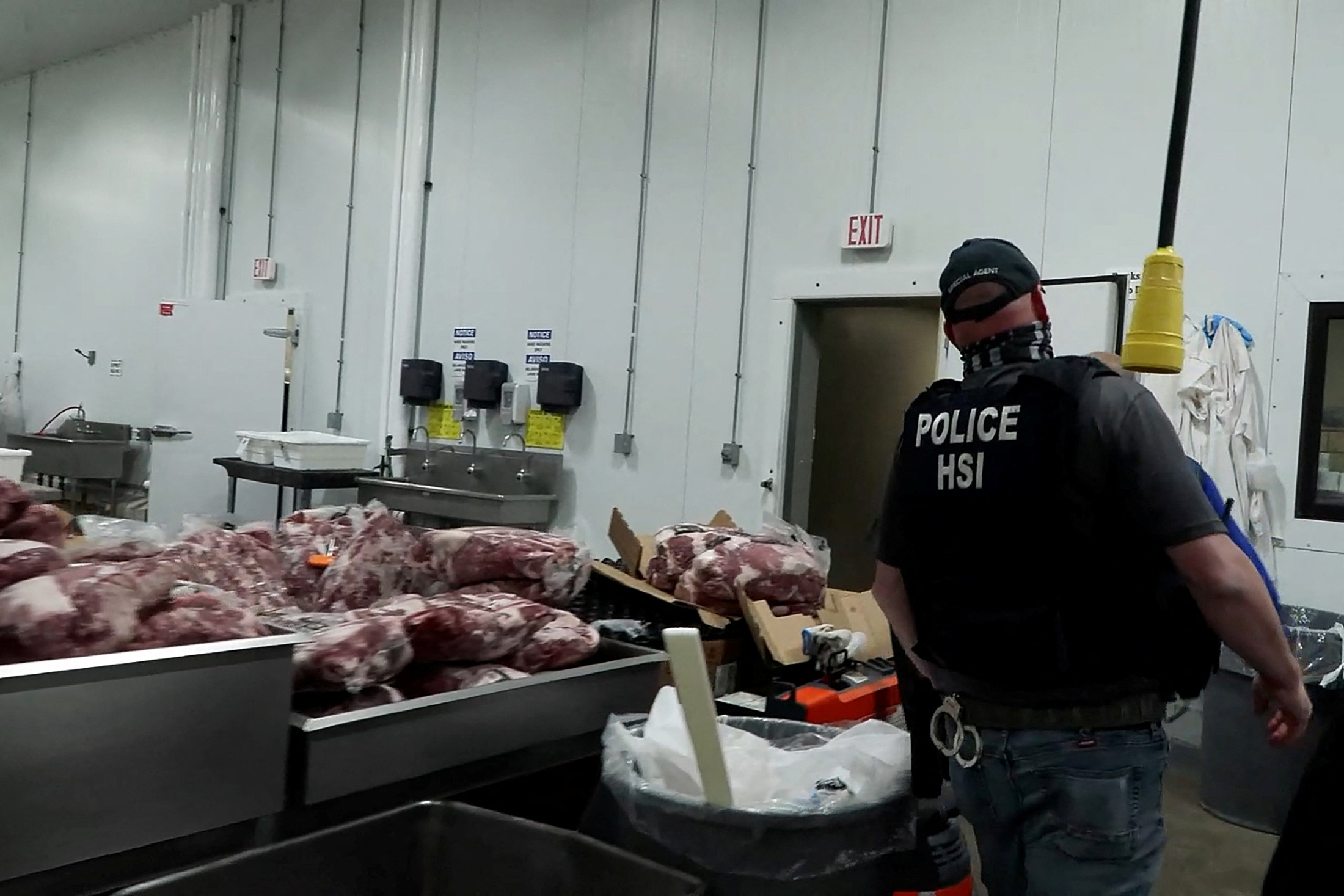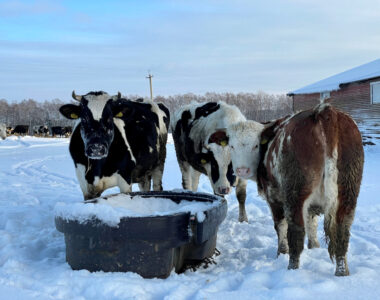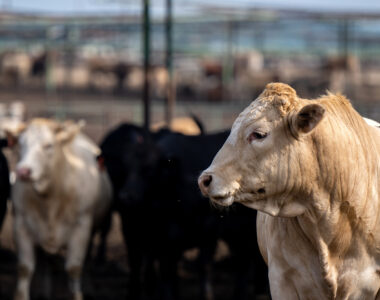
A June 11 report by Tom Polansek of Reuters revealed that a major U.S. immigration raid at a meatpacking facility in Omaha, Nebraska, has sharply reduced the plant’s wOmaha Meat Plant Raid Raises Concerns About Food Supply and Labor
A recent immigration raid at Glenn Valley Foods in Omaha has significantly reduced the plant’s workforce and raised alarms about food production capacity. The operation, led by U.S. Immigration and Customs Enforcement (ICE), resulted in the detention of dozens of workers. It has reignited national debate around immigration enforcement, labor in agriculture, and the stability of the U.S. food system.
ICE’s large-scale raid forced Glenn Valley Foods to operate at just 20–30% of its normal capacity. The drop has triggered serious concerns about disruptions in food production and supply chains.
What Happened?
On June 10, 2025, ICE agents detained between 74 and 80 employees at the Omaha meat processing plant, which is owned by Glenn Valley Foods. That number represents more than half of the plant’s workforce.
Following the raid, the company reported that production dropped to around 20% of its usual output. The reduction stemmed from both the arrests and fear among remaining staff.
Chad Hartmann, President of Glenn Valley, said the company had complied with federal hiring requirements and used the E‑Verify system. However, ICE officials described the system as “broken.”
This operation marks the largest immigration enforcement action in Nebraska under the Trump administration. A criminal investigation into unauthorized employment is still ongoing.
Why the Omaha Meat Plant Raid Matters
Food Supply Pressure
With production slashed to a fifth of normal levels, the raid has intensified national concerns about meat availability and price increases. These worries come at a time when the U.S. cattle herd is at a 70-year low.
Labor Dependence in Meatpacking
More than half of the agricultural workforce consists of immigrant labor. When large numbers of workers are removed suddenly, the impact on food supply chains can be severe.
Systemic Issues with E‑Verify
Although Glenn Valley relied on E‑Verify to screen workers, ICE has called the system unreliable. This highlights growing calls across the industry for more accurate and enforceable verification tools.
Ripple Effects Across Markets
The raid also affected livestock markets. Cattle futures dropped immediately, with traders concerned that reduced processing capacity could lower overall demand for cattle.
Local and Industry Reactions
Community leaders in South Omaha—an area home to many immigrant families—expressed concern about the emotional and economic toll. The raid has caused business closures and widespread fear among residents.
Industry groups, including the Meat Institute, warned that aggressive immigration enforcement could worsen the existing labor shortage in meatpacking. This shortage has already been made worse by disruptions during the COVID-19 pandemic.
Nebraska Representative Don Bacon defended Glenn Valley Foods, stating that the company had acted in good faith and should not be punished for trying to follow the law.
Final Thoughts
The Omaha meat plant raid has brought renewed attention to the intersection of immigration policy, labor shortages, and food system resilience. As ICE enforcement actions continue, the event underscores just how reliant U.S. food production remains on immigrant labor. It also raises urgent questions about the reliability of compliance systems like E‑Verify and the broader implications for agricultural employers.
U.S. Immigration Raid of Omaha Meat Plant Cuts Staff, Fuels Food Production Worries
Image by Reuters



